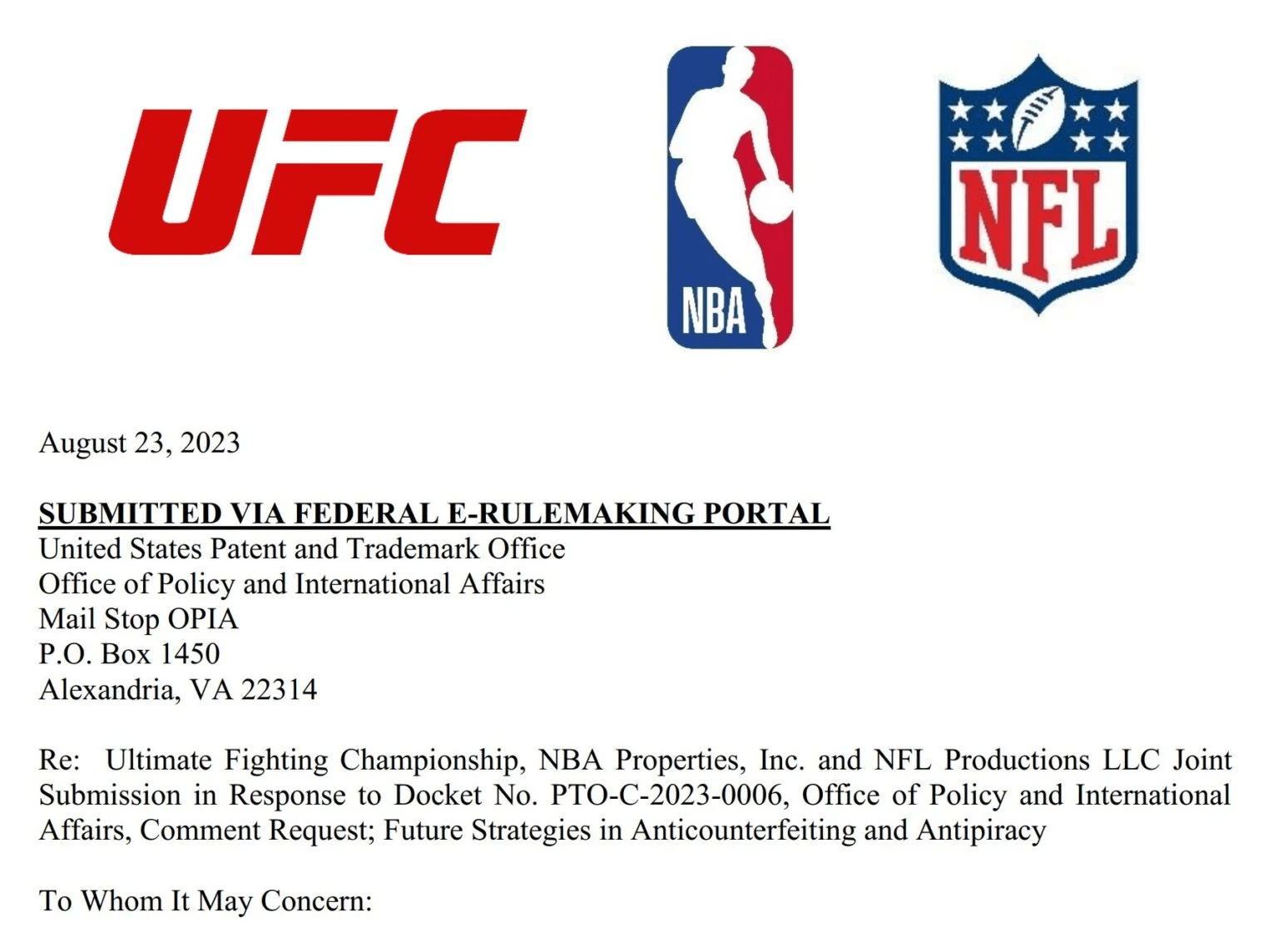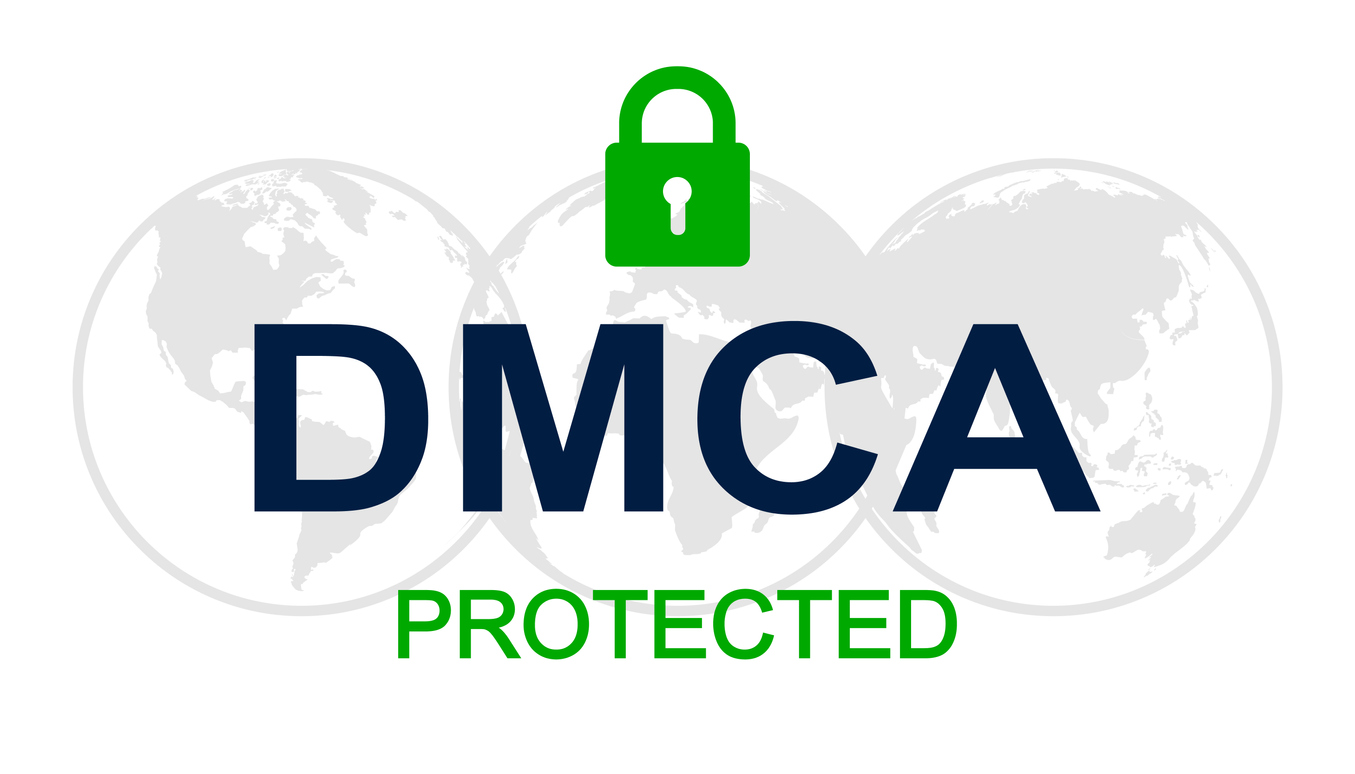
The UFC, NFL, and NBA are calling for more rigorous online piracy enforcement from the authorities.
Recommended IPTV Service Providers
These well-known sports brands are joining forces to push for a reform of the Digital Millennium Copyright Act (DMCA) from the U.S. government.
Their primary aim? Combating the increasing menace of unauthorized live streaming.
Let’s delve deeper into the problem and the suggested solution.

The Declining Importance of Real-Time Broadcasts
Every event hosted by these sports behemoths draws millions of viewers. These broadcasts represent significant revenue streams, with substantial licensing agreements and billion-dollar pay-per-view events.
Even though many fans are willing to pay for watching these games, the costs can be prohibitive, leading to pirated live streams accommodating millions.
However, when dealing with this underground market, these sports leagues confront a major challenge: the slow process of removing content under the DMCA.

In a recent communication to the United States Patent and Trademark Office (USPTO), they underscored the ineffectiveness of the current DMCA takedown process for live events.
For live sports streaming, the appeal lies in the immediacy of the broadcast.
If it takes several hours or even days for service providers to respond to a DMCA notice, the event has already concluded, making the action almost meaningless.
The three organizations stated, “Many OSPs (online service providers) frequently take hours or even days to remove content in response to takedown notices. This delay allows infringing live content to stay online during peak moments, sometimes for the entire duration of the event.”

The DMCA and Its Obsolete Provisions
The DMCA was established in 1998 at a time when live streaming was not yet prevalent.
While the DMCA requires takedown notices to be addressed “promptly,” there is ambiguity about the definition of “promptly.”

For some, a few hours delay might be acceptable, but for live sports events, this delay can be devastating.
In their plea, UFC, NBA, and NFL emphasize, “The DMCA, created before the boom of internet-based live streaming, is not equipped to tackle the current piracy challenges surrounding live content.”
The Demand for Immediate Takedowns
An alarming trend in recent years is the utilization of legitimate social media platforms for live streaming piracy.
These unlawful streams endorse pirated content or exploit the live-streaming features of the platforms.
To tackle this, these sports giants want Section 512 of the DMCA revised. They believe that the term “expeditiously” should mean content removal “instantaneously or near-instantaneously” after receiving a takedown request.
While they haven’t specified a precise duration for “near-instantaneously,” it’s clear that they are advocating for a matter of minutes, not hours.
Furthermore, they suggest implementing restrictions on live streaming on social media platforms for users who meet certain verification criteria. This would effectively prevent new users or those with a minimal follower base from streaming live content.
The organizations state, “Some OSPs already have such measures in place, proving that these measures are viable, practical, and essential in curbing livestream piracy.”
Global Initiatives and the Future
This is not the first time that sports rights holders have called for stronger actions against piracy.
In Europe, proposals for shorter takedown windows have been discussed for some time. While the European Commission has not yet adopted these proposals, Italy has recently embraced a 30-minute window for live streaming takedowns.
It remains to be seen if the U.S. will follow suit and overhaul the DMCA. However, shedding light on the issue is undoubtedly the first step towards a potential solution.
For more information on this story, refer to the letter sent to the U.S. Patent and Trademark Office (PDF) and the report from
